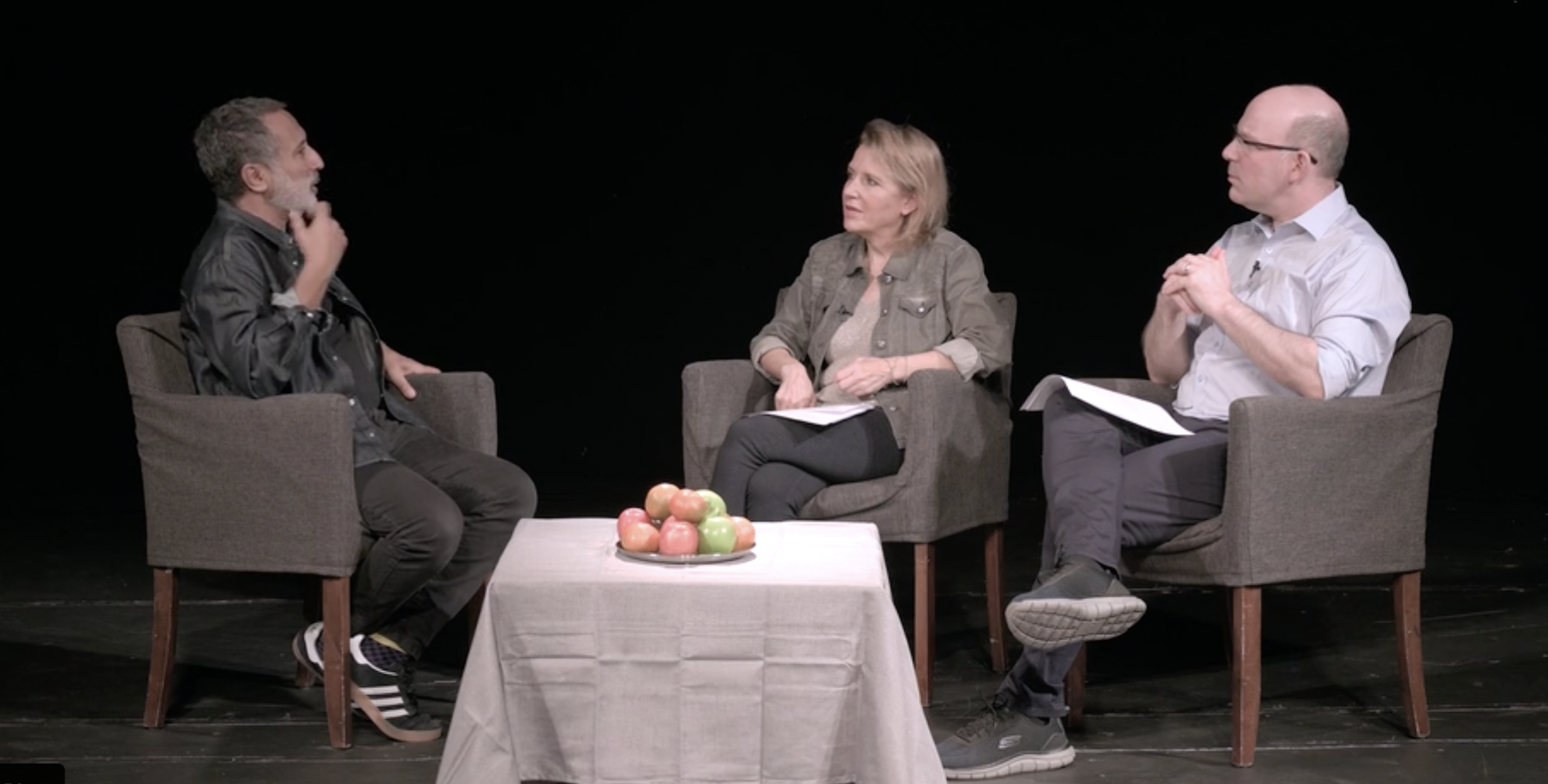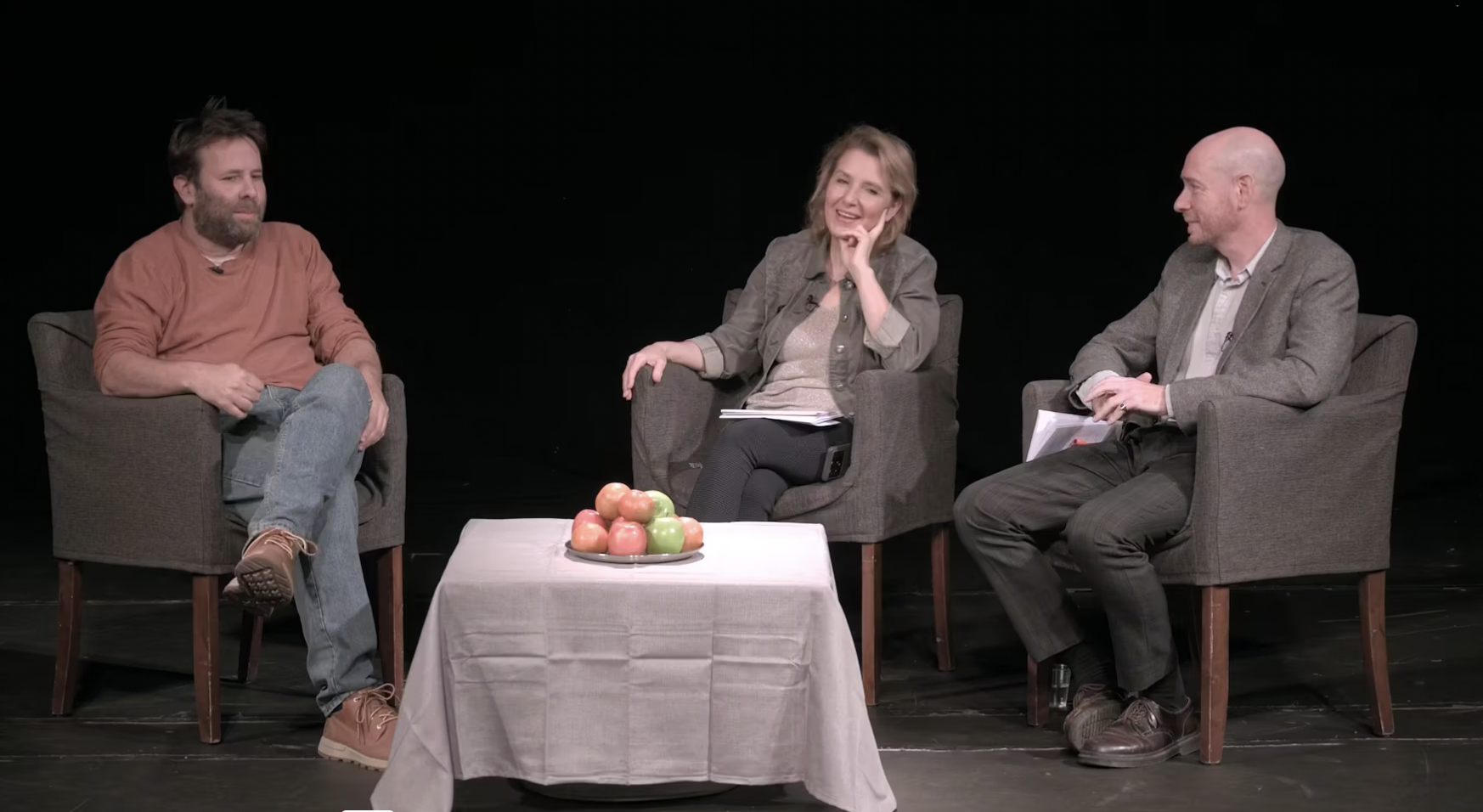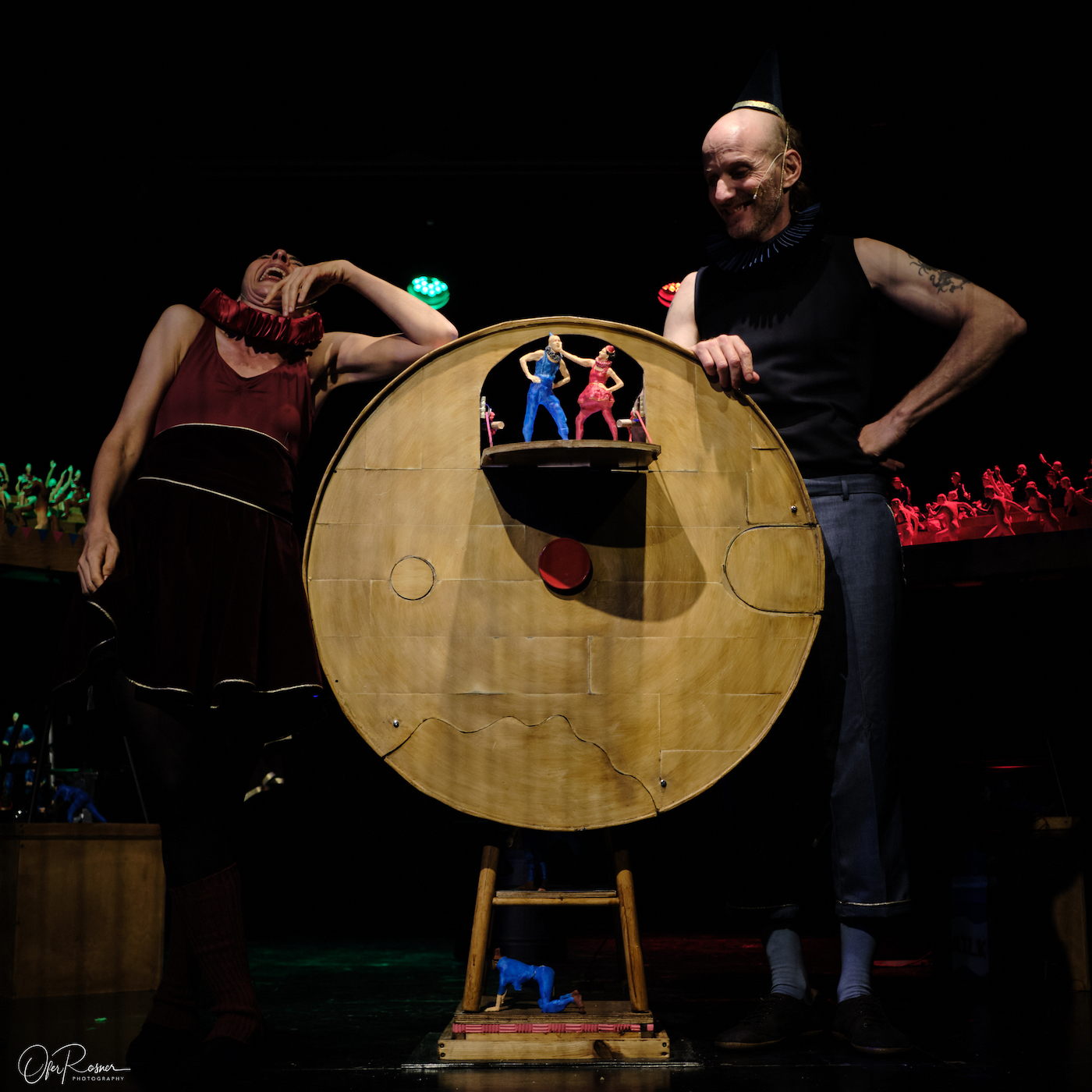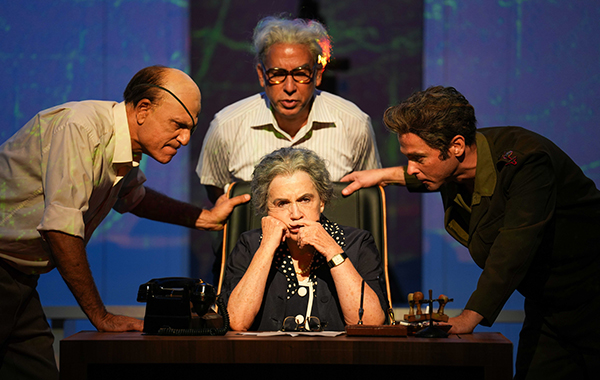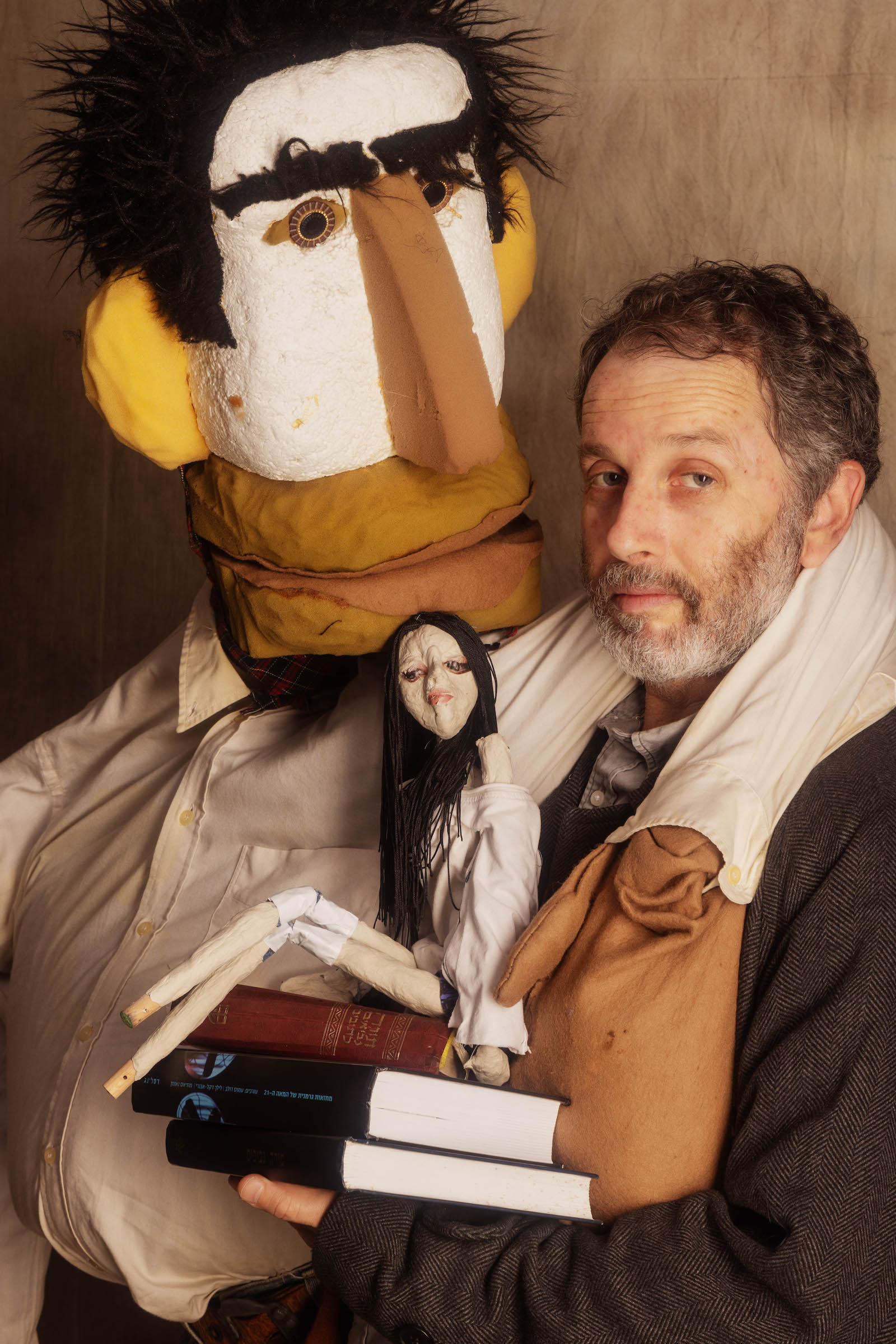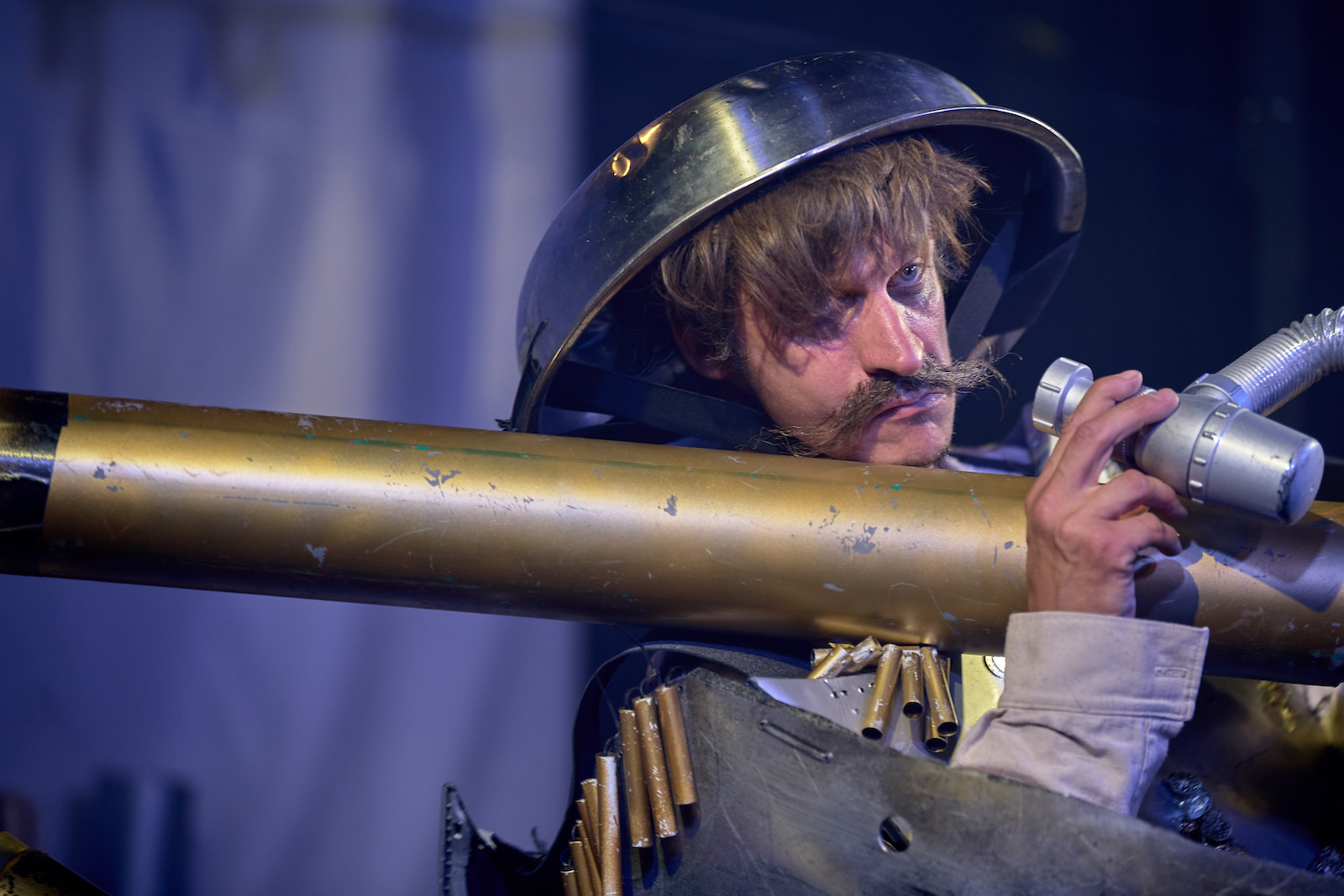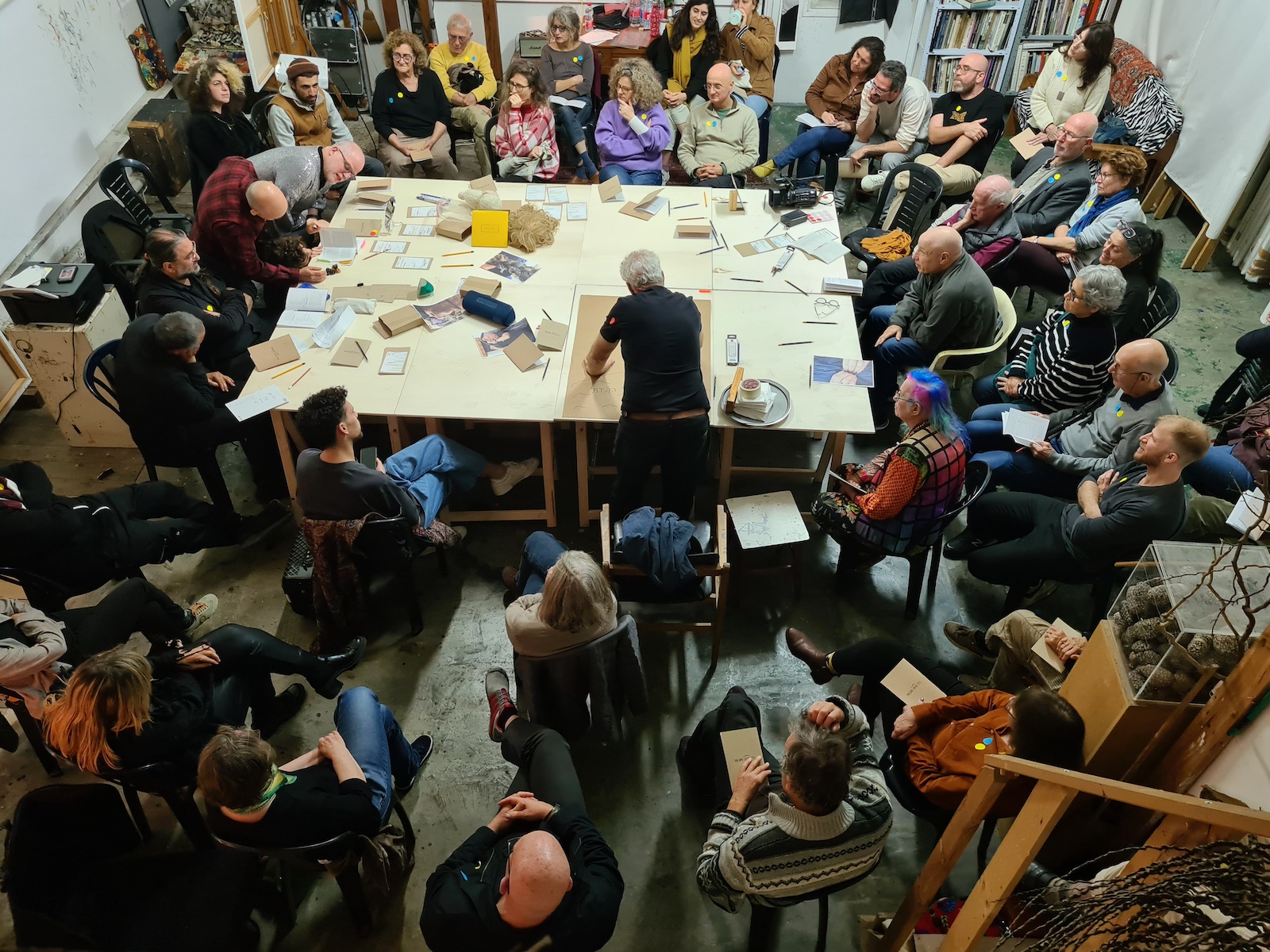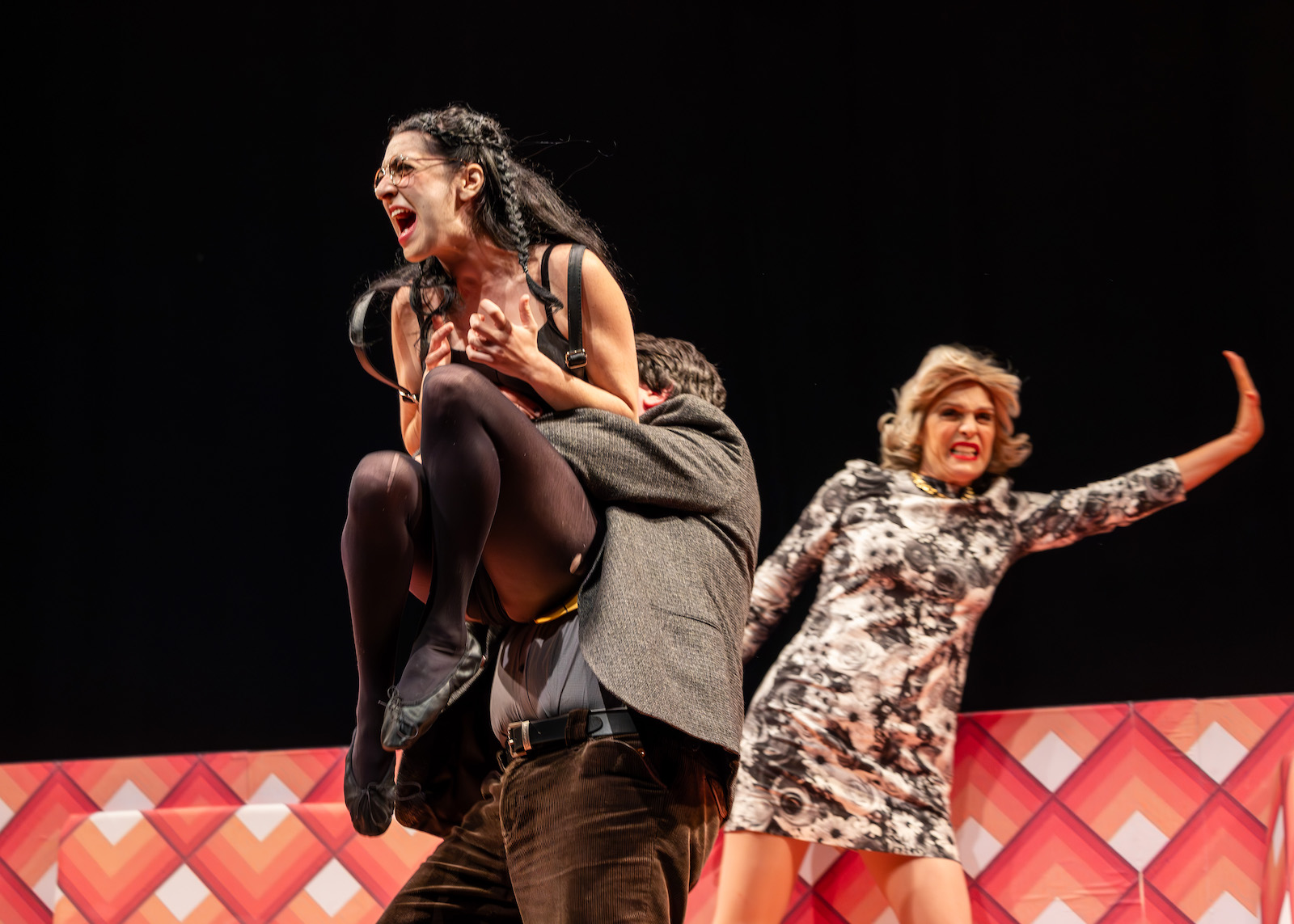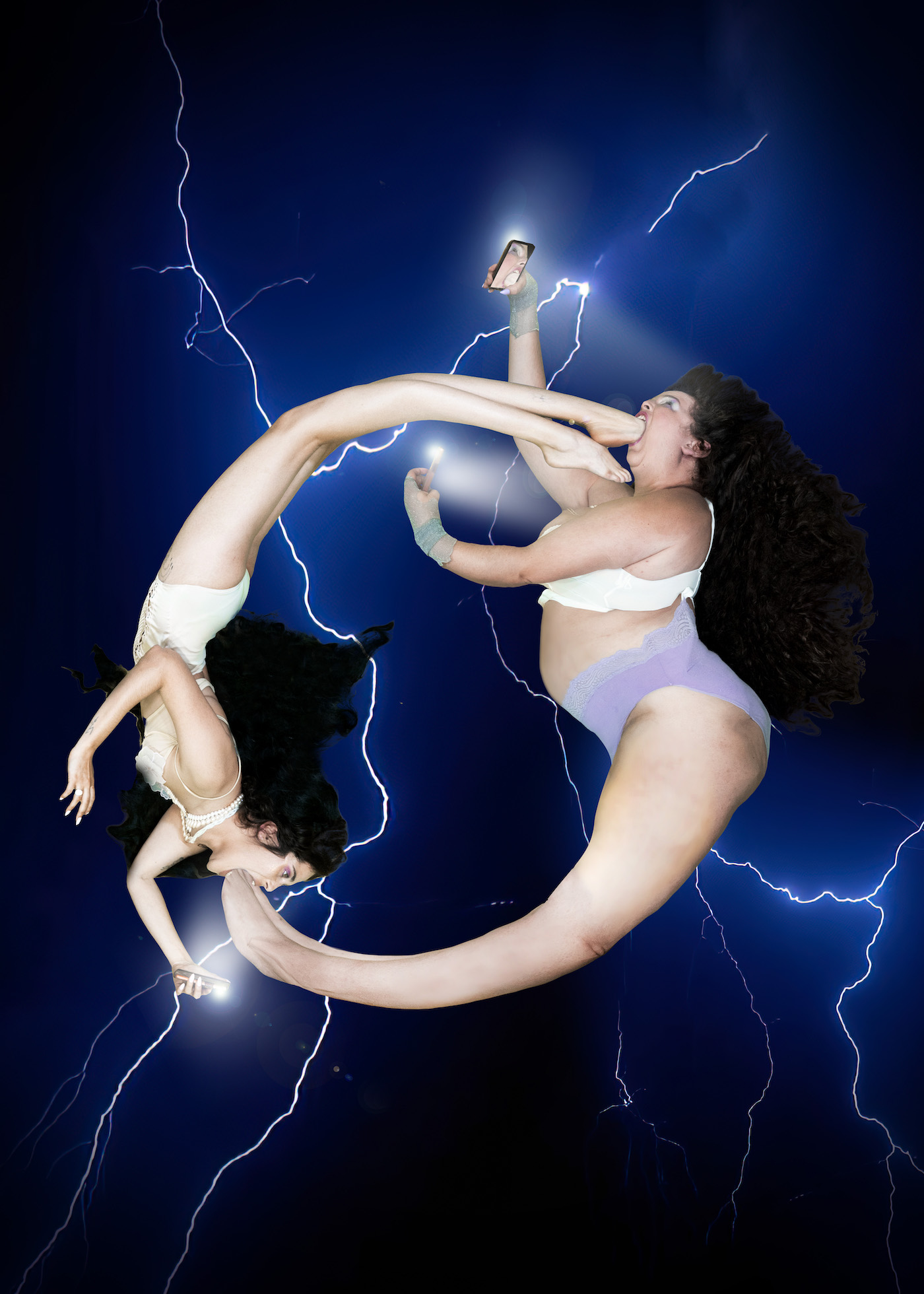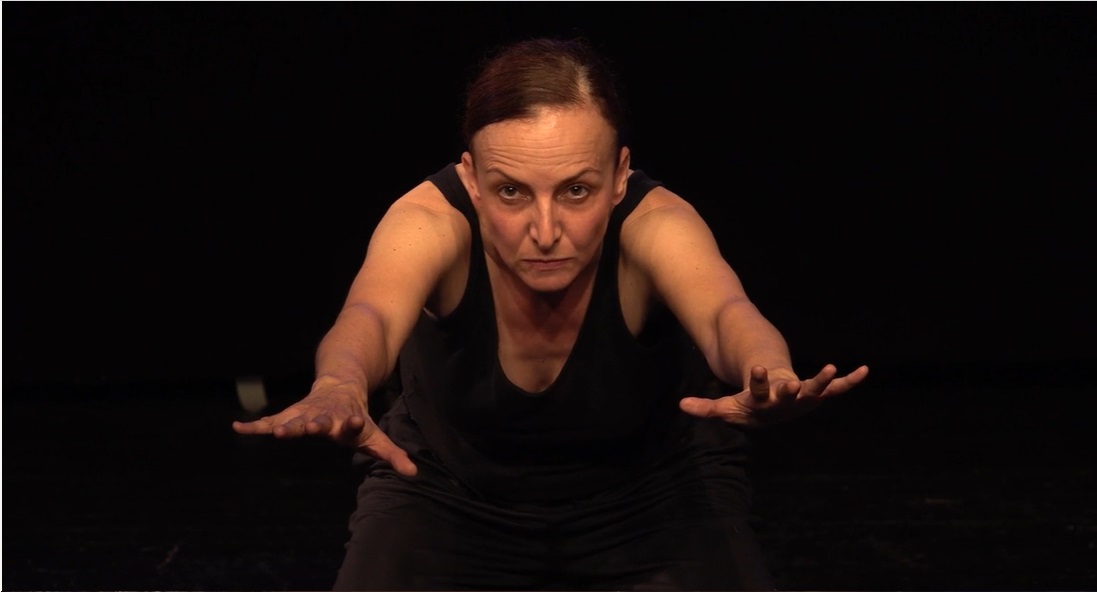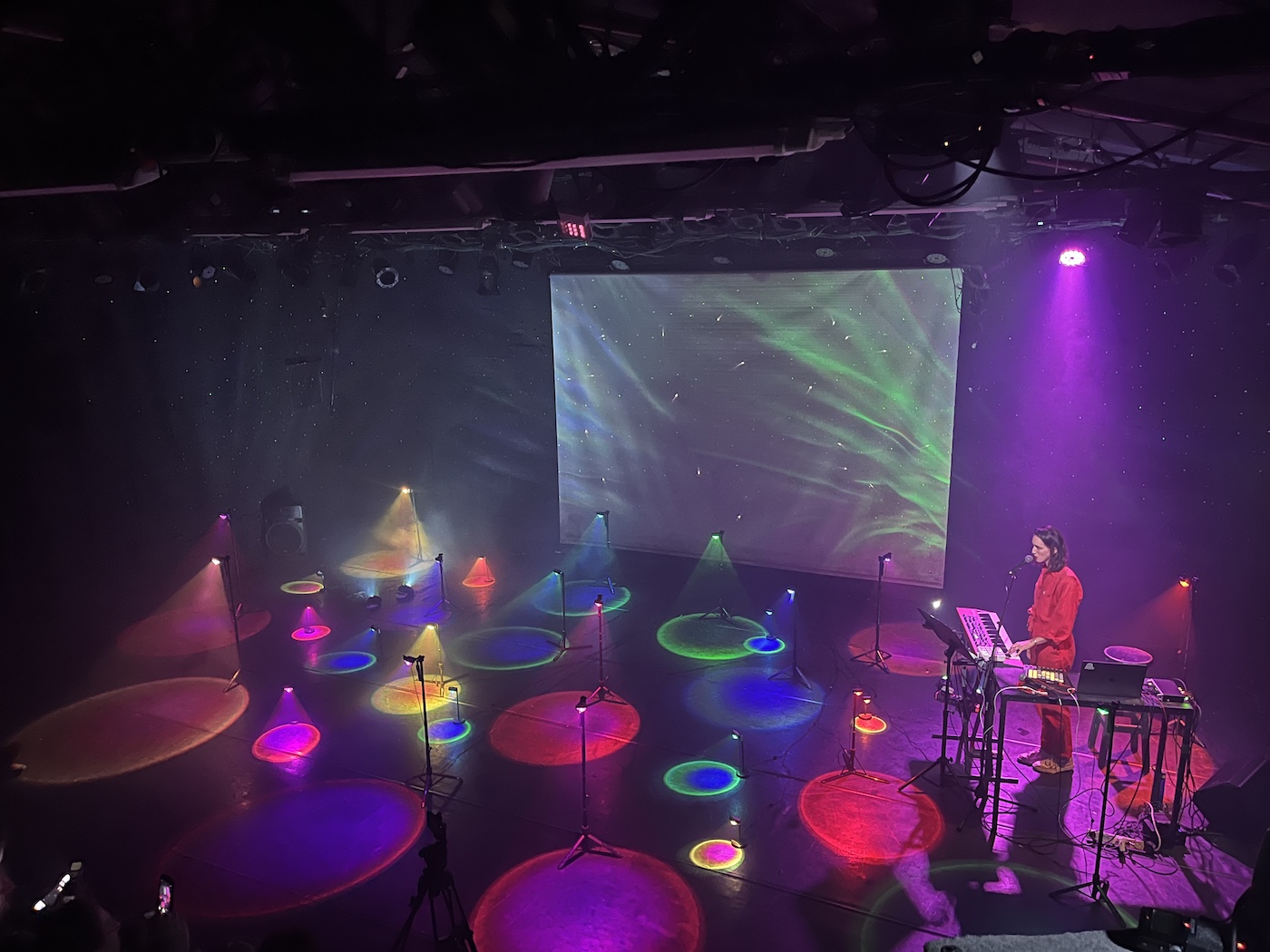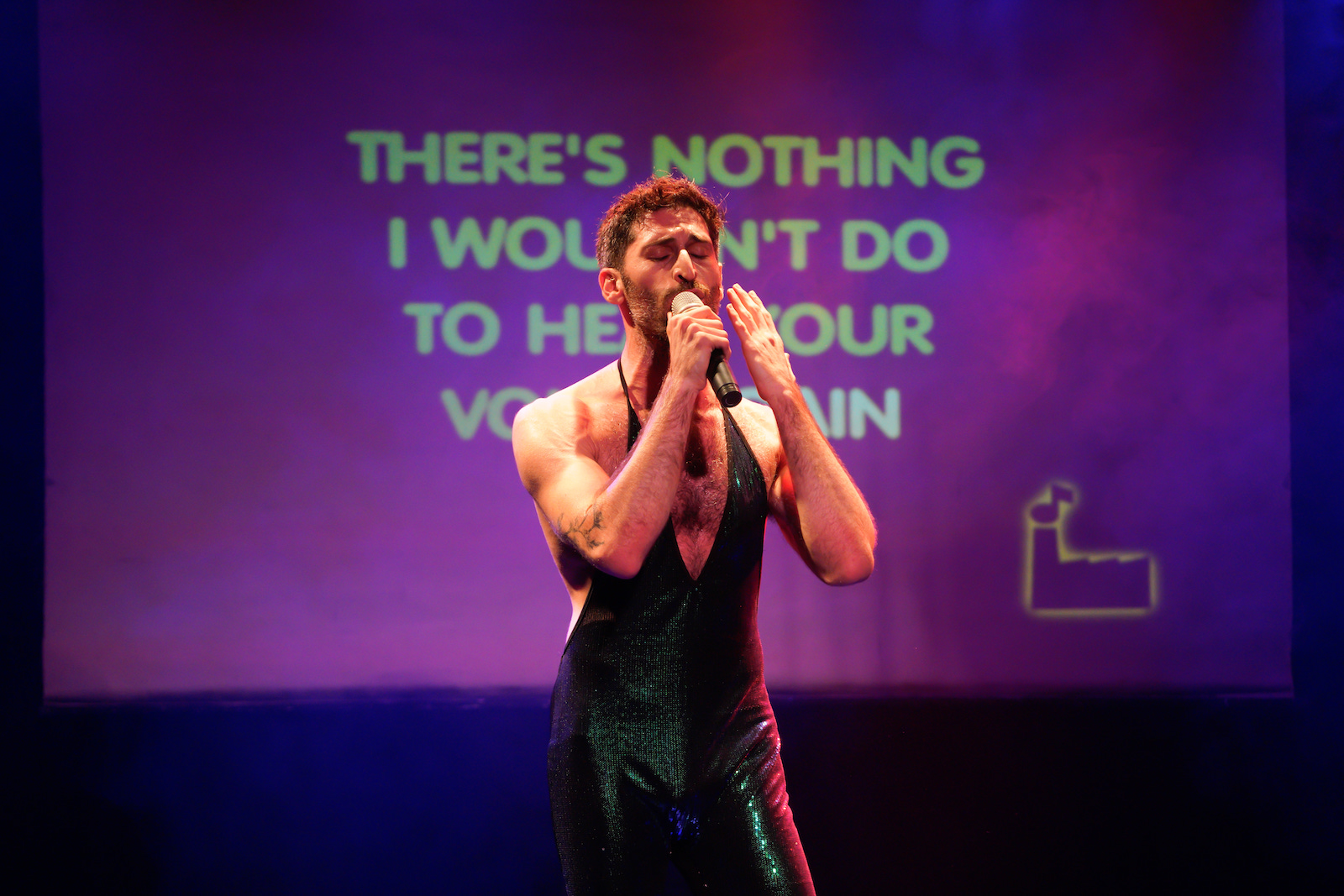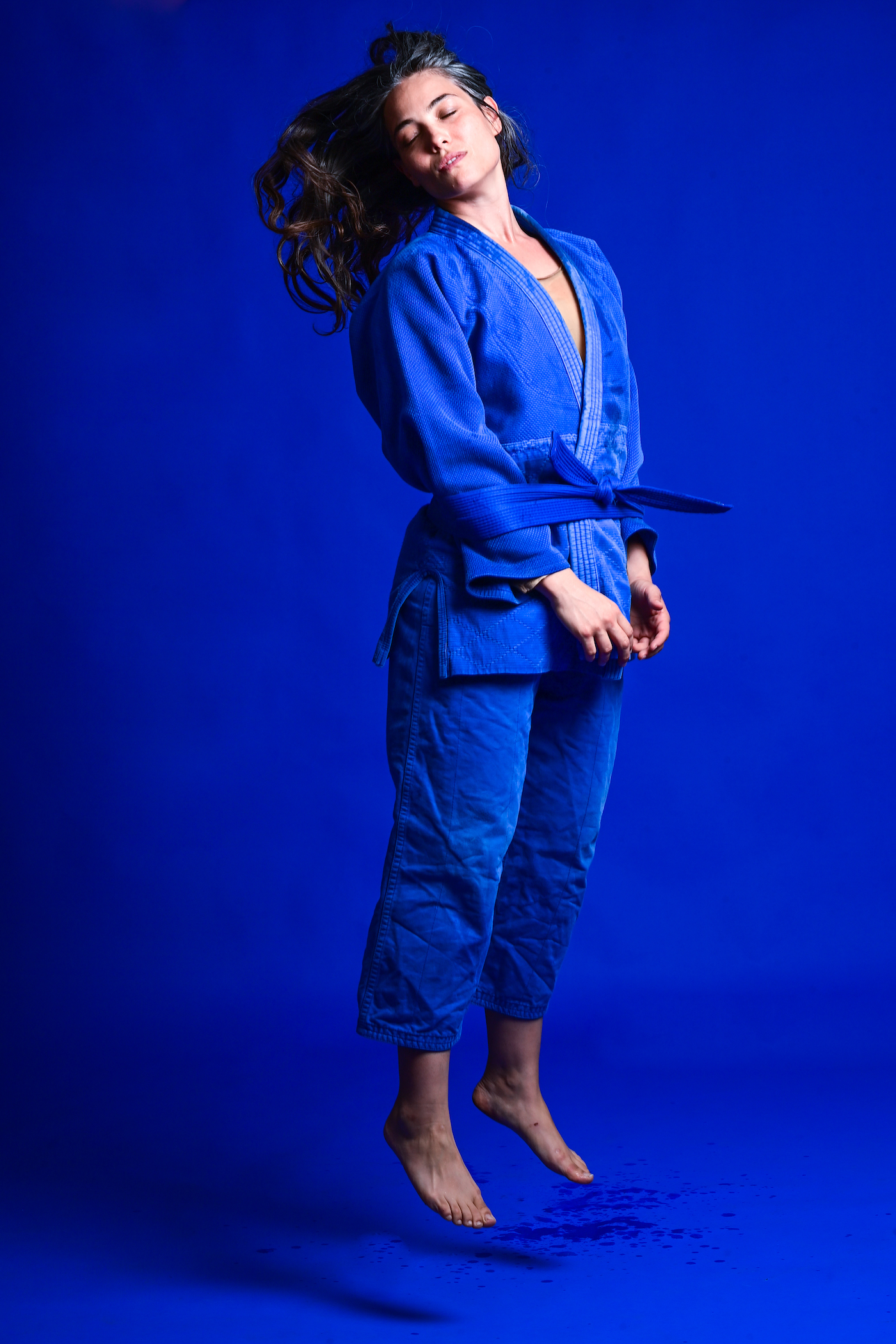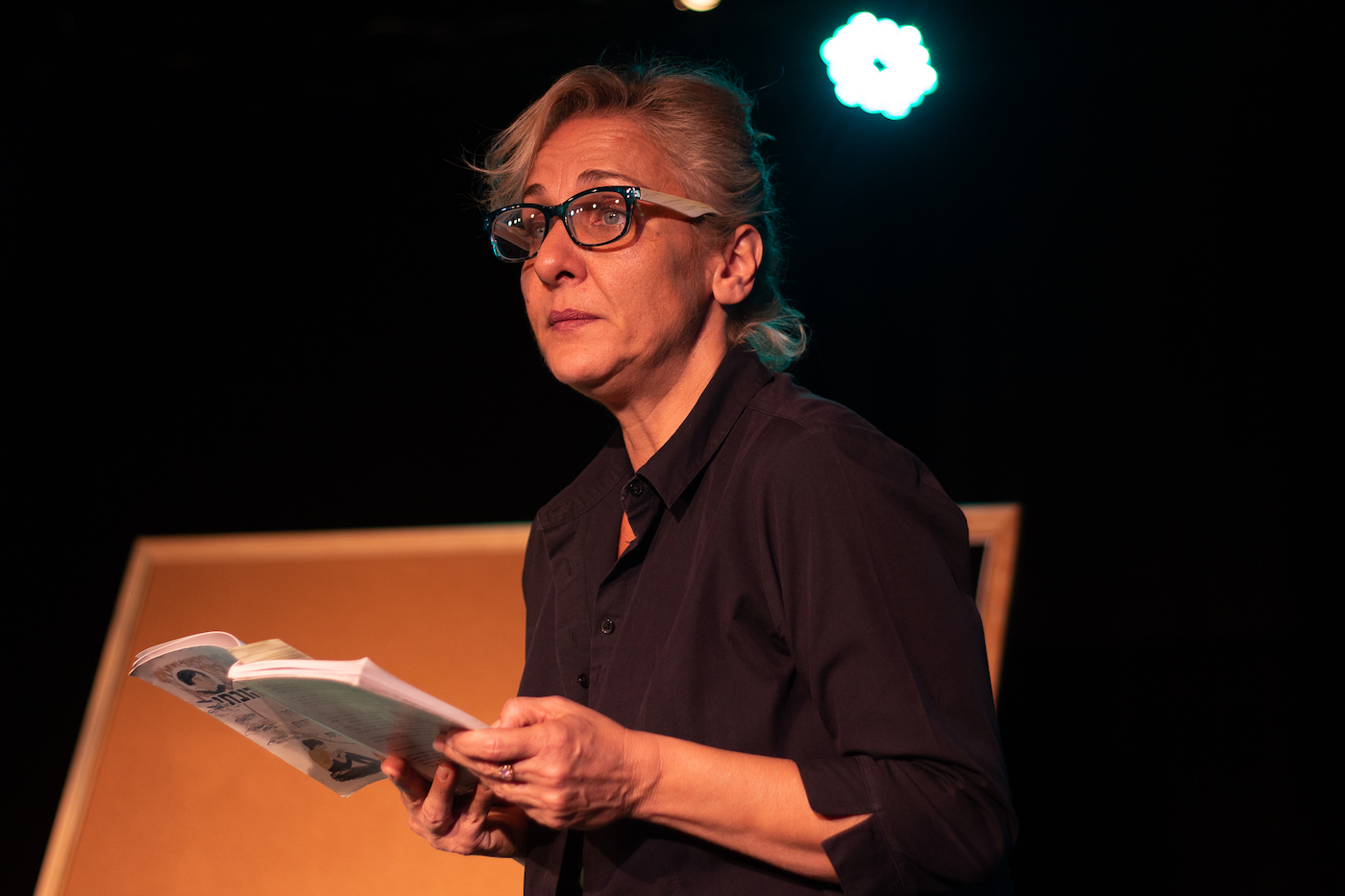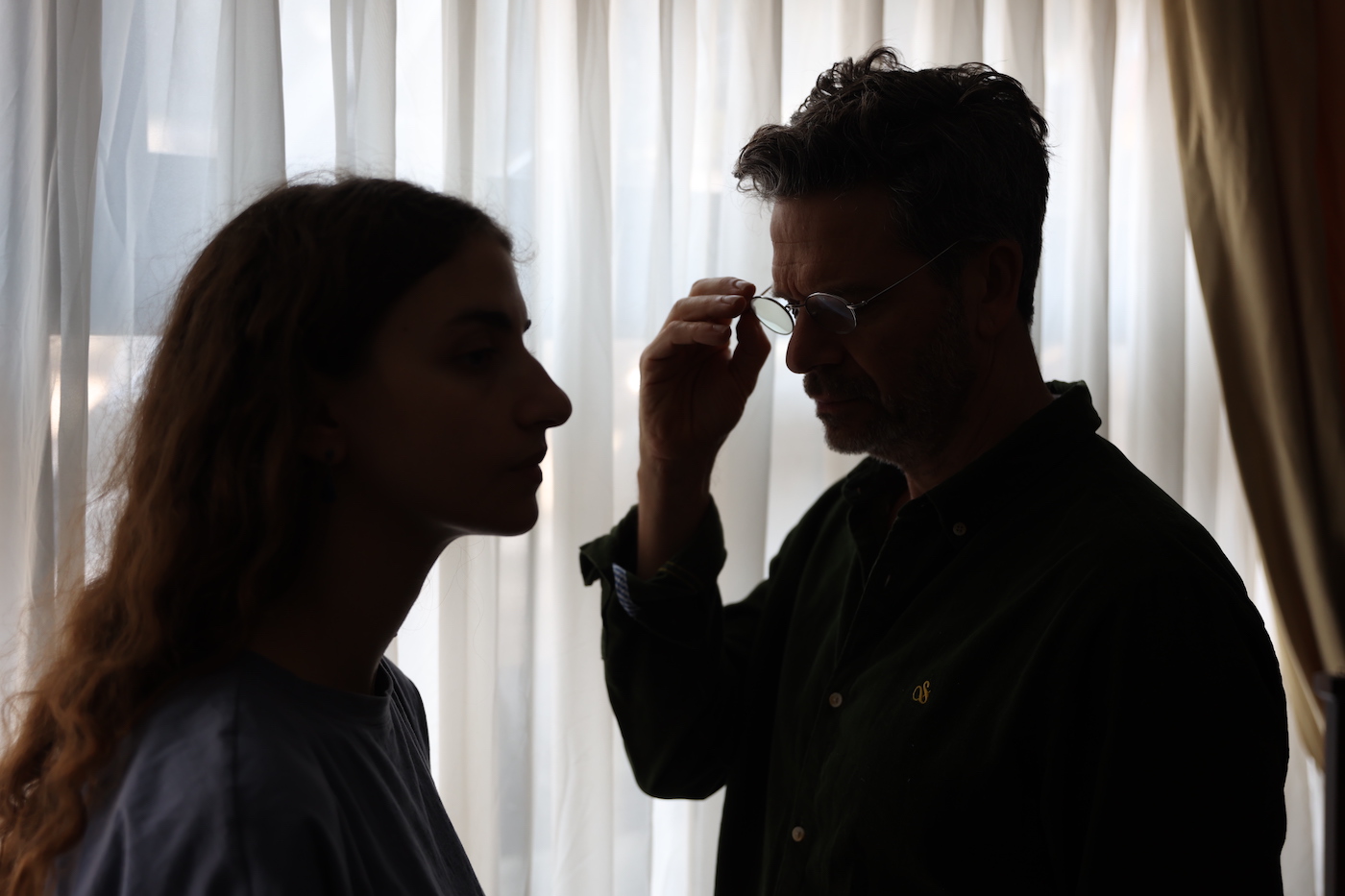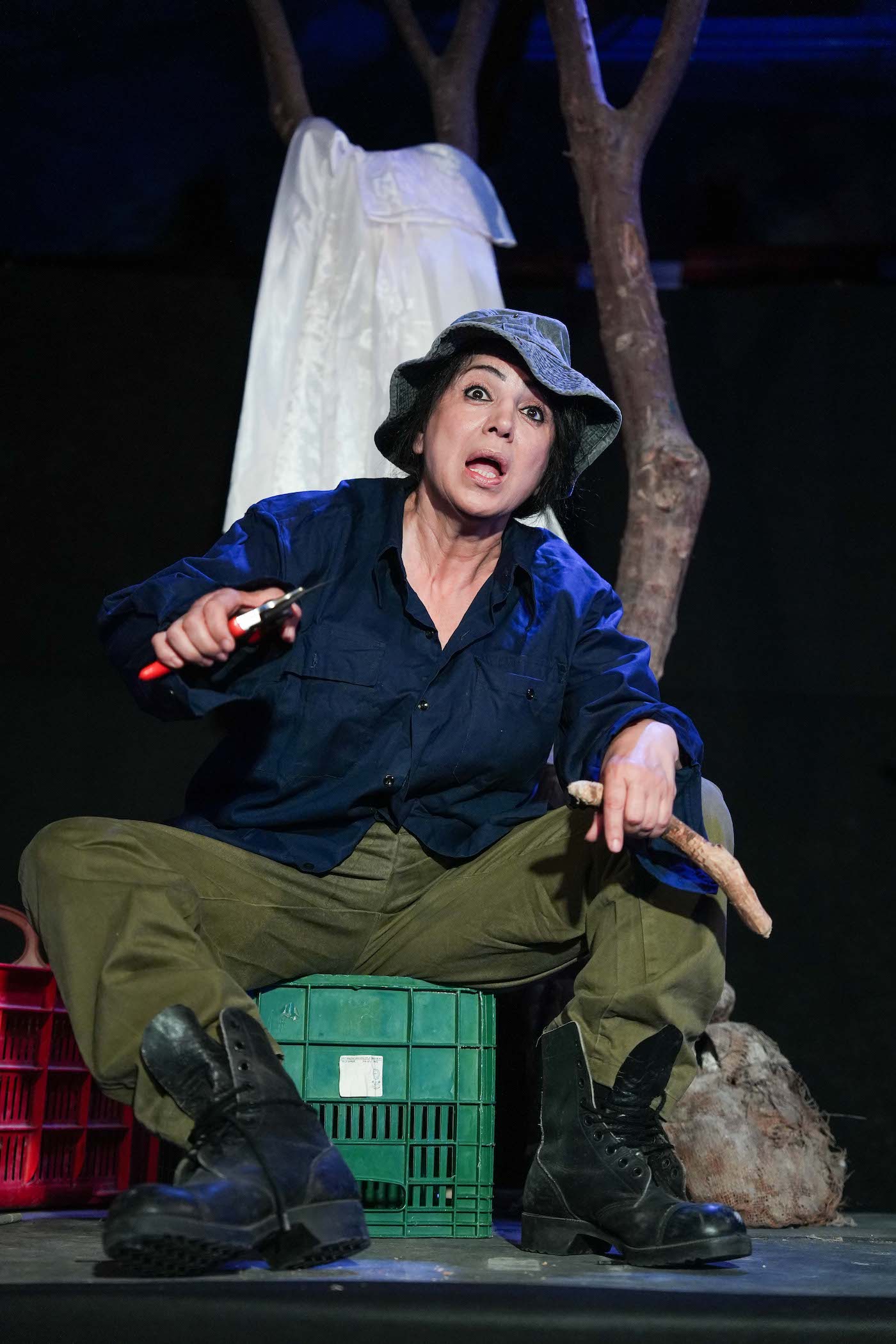In the aftermath of the Yom Kippur War, fierce public criticism is leveled against Golda Meir and Moshe Dayan, blaming them for the government’s failures that led to the war, and the military failures that caused such extensive loss of life.
A desperate Golda tries to fight these accusations, while Dayan, wants to resign.
Golda’s daughter Chana tries to support her mother, who is ill and exhausted after the war, and uncovers her doubts and guilty feelings.
Despite being absolved by the Agranat Commission, Golda ultimately decides to step down.
Creators note:
Rehearsals for The First Lady began in August 2023. In them, we tried to better understand the days leading up to the Yom Kippur War. We researched the public mood and political atmosphere, and the prevailing national mood during the war and the Agranat Commission. We felt a great sense of responsibility as we prepared to stage the play.
On October 7, a week before the play was scheduled to premiere, we woke up along with everyone else to a Saturday that would change our lives. In a single instant, the play had become reality – the shock, the fallen and the hostages, the terrible rift, and our leaders’ responsibility. Israel, for the second time, was caught unprepared. The surprise, which brought with it immense pain, shocked us all. Bertolt Brecht wrote: “In the dark times, will there also be singing? Yes, there will also be singing. About the dark times”.
Motti Lerner is a playwright and screenwriter whose plays and films mostly deal with political themes. They include Kastner, Pangs of the Messiah, Paula, and Pollard at the Cameri Theatre of Tel Aviv, Exile in Jerusalem, Passing The Love of Women, Doing His Will, and The Abandoned Melody at Habima National Theatre, Autumn at Beit Lessin Theatre, Hard Love at Haifa Municipal Theatre, The Hastening of The End at The Jerusalem Khan Theatre, and The Admission and On the Edge at Jaffa Theater. His productions abroad include Kastner, Autumn, and The Murder of Isaac at Heilbronn Theater, Germany, Exile in Jerusalem in Stuttgart, Berlin and Vienna, Hard Love in New York, Rome, and Berlin, The Murder of Isaac at Centerstage, Baltimore, Passing the Love of Women and The Admission at Theater J, DC, Pangs of the Messiah at Theater J, Silk Road, Chicago, Theater of Ideas, NY, Benedictus at Golden Thread Theatre, San Francisco, and in Theater J, Paulus at Silk Road, After The War at Mosaic Theater, DC, and Eichmann’s Trial at The National Theatre in Bucharest. He is a recipient of the Award for Best Play (1985), the Israeli Motion Picture Academy Award for Best TV Drama (1995 and 2004), the Prime Minister of Israel Award (1994), and the Landau Prize for The Performing Arts (2014).
Moshe Kepten is one of the most renowned directors in Israel, and currently the artistic director of Habima National Theatre. For three consecutive years, he was the artistic director of the Israel Festival in Jerusalem, an interdisciplinary celebration of art from around the world. Kepten has directed numerous plays and musicals for all Israeli theatre companies, including Spring Awakening, Bent, Behind the Fence, Shakespeare in Love, Les Misérables, Love Love Love, Evita, Taken at Midnight, My Fair Lady, Fatal Attraction, Birthmark, Beaufort, The Dinner Game, Labor of Life, The One My Soul Loves, and most recently The Father I Could Have Been.
